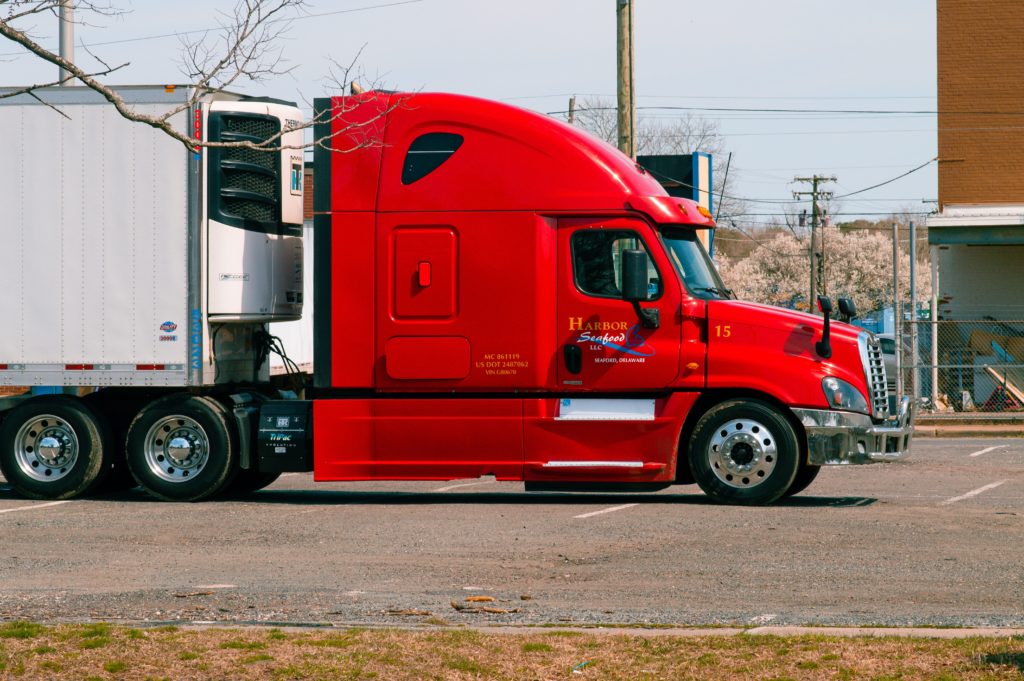If a shipment goes through Latvia, the import and export tariffs, as well as the value-added tax, will not be added to the total cost of the transaction.

Because Latvia is a member of the World Trade Organization as well as the European Union, the criteria that are required by these organizations are met by Latvia. As a member state of the EU, your country’s import tariffs are based on and managed by bilateral agreements.
There are no import quotas or levies in place between Latvia and the other countries that are part of the EU.
According to the Customs Law, foreign investors are frequently exempt from paying customs duty, and any temporary import restrictions that may be in place do not apply to them.
Taxes on natural resources and excise taxes may also apply to significances, in addition to the taxes that are levied on customs transactions.
The rate of customs tax can range from 0% to 20% of the value of the imported products, and this fluctuation is based on both the type of commodities and their country of origin. In most cases, exports will not be impacted.
Division of customs duties
The customs duties are divided into:
Import duty
These are the payments that are equivalent to the customs charges that are paid when importing commodities (often referred to as antidumping or compensatory payments); import duty payments that were created within the framework of the common agricultural policy.
Export duty
These are import duty payments that were imposed as a part of the common agricultural policy. These customs duties and payments are equivalent to export customs duties.
Import levies in Latvia
In the country of Latvia, import levies are defined as contributions to the general state budget or the budget of a relevant EU body that is provided in exchange for the importation of goods. These contributions are not reimbursable in any way. The following categories of import taxes apply to different types of imported goods under Latvian law:
- excise duty
- customs tariff
Excise duty
A specialized form of sales tax known as excise duty is levied at the point of purchase on some types of goods that are brought into the country via international trade. The purpose of the excise duty is to put restrictions on the amount of potentially hazardous products that can be brought into the country. This import levy also seeks to contribute to the financial stability of the state by levying taxes on consumer goods that are not essential to their daily lives. At the moment, there are many different kinds of excise taxes;
- for alcohol
- for tobacco products
- for natural gas
- for nonalcoholic drinks and coffee
- for electronic cigarettes liquid
In every circumstance, the real quantum of the obligation is decided by the subtype of the product in question and the quantity of that product. When importing goods, the requisite attestation is required to be submitted alongside the excise duty payment.
Customs tariff
A customs tariff is an import tax that has two purposes: the first is to bolster the state budget, and the second is to safeguard the requirement that Latvia and the EU have for an internal market. In a manner that is analogous to this, the customs tariff in Latvia is created by the Commission Enforcing Regulation (EU)2015/1754 of the European Union. In general, it is determined by the customs value of the import composition, the cost of transportation, and extra factors such as covenants and canons of choice.
It should be emphasized that imports from other EU members are regarded as “free-rotation goods” and are therefore exempt from customs duties.
You can also find these articles helpful
Start a transportation business in Latvia
Getting an Agriculture, forestry, and fishing licenses in Latvia
Import, export, transit, transfer, and brokering of strategic goods licenses in Latvia







